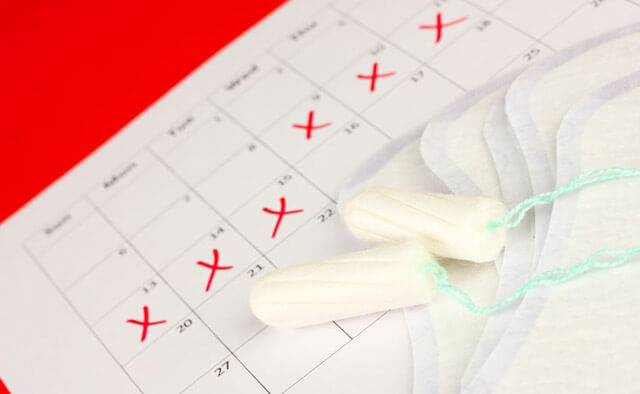The Only NYS Approved by
DOH Surgical Facility
*Same Day Appointments & Walk-Ins Welcome
The Only NYS Approved by
DOH Surgical Facility
*Same Day Appointments & Walk-Ins Welcome

Aug 27, 2015
0
[caption id="attachment_2896" align="alignnone" width="640"] Menorrhagia: It's Affect on Women's Health and Quality of Life[/caption]Menstruation is the normal shedding of the uterine lining that occurs on a regular basis during the female reproductive life (from puberty until menopause).Wha...

Aug 18, 2015
0
[caption id="attachment_2891" align="alignnone" width="640"] PMS Fact Sheet | Premenstrual Syndrome[/caption]Premenstrual Syndrome (PMS) is a group of symptoms that begin one or two weeks before the menstrual cycle. These symptoms usually go away after the menstrual bleeding starts. Premenstrual...

Aug 10, 2015
0
[caption id="attachment_2885" align="alignnone" width="640"] Vaginal Discharge: Learn About Color and Smell Symptoms[/caption]Vaginal discharge is considered in cases when there is an increased amount of vaginal secretion due to different reasons. Any possible changes in color, consistency or sm...

Aug 5, 2015
0
[caption id="attachment_2877" align="alignnone" width="640"] All You Need to Know About Hymens and Virginity[/caption]Hymen is a thin membrane that surrounds the opening of the vagina. You have probably heard that a hymen will rupture when a woman has sexual intercourse for the first time, and t...

Jul 28, 2015
0
[caption id="attachment_2873" align="alignnone" width="300"] Infertility in Women: Top 4 Questions About[/caption]1. When a Woman Is Considered to Be Infertile? Infertility is the inability to get pregnant after a year of having sexual intercourse without protection. For women after the age of...

Jul 22, 2015
0
[caption id="attachment_2867" align="alignnone" width="640"] Dysmenorrhea: 6 Reasons of Your Painful Periods[/caption]Dysmenorrhea is the medical term for painful or difficult periods also referred to as menstrual cramps. Dysmenorrhea literally means pain during the menstrual periods or menstru...

Jul 16, 2015
0
[caption id="attachment_2861" align="alignnone" width="640"] Emergency Contraception Guidelines[/caption]Emergency contraception is a form of birth control, which is used by women who have had unprotected sexual intercourse or when one of other birth control methods has failed. Emergency contrac...

Jul 7, 2015
0
[caption id="attachment_2856" align="alignnone" width="640"] Cervical Polyps Causes | Brooklyn OB/GYN Services[/caption]Cervical polyps are extra-growths that arise from the cervix or opening of the uterus. These growths are smooth and spongy tags of tissue that appear like a finger and are usua...

Jul 2, 2015
0
[caption id="attachment_2848" align="alignnone" width="640"] Abortion Clinic NYC Warns You about Genital Herpes[/caption]Genital herpes is a sexually transmitted disease that affects both men and women. It is caused by the herpes simplex virus type 1 or type 2 (HSV-1, HSV-2). Mostly, genital her...

Jun 23, 2015
0
[caption id="attachment_2841" align="alignnone" width="640"] Urinary Tract Infections: Is Every Woman at Risk?[/caption]What Is Urinary Tract Infection (UTI)? Urinary tract infection is an infection that affects the urinary tract, the kidneys, ureters, bladder orurethra. The kidneys produce the...
Brooklyn Abortion Clinic